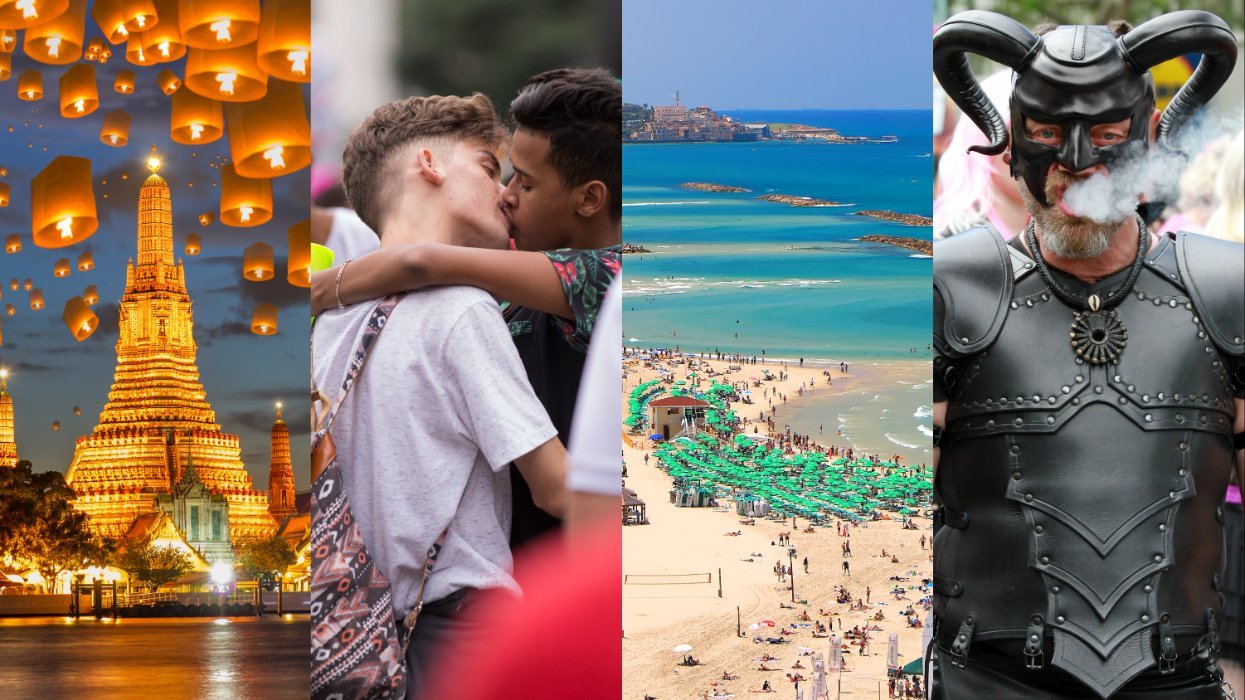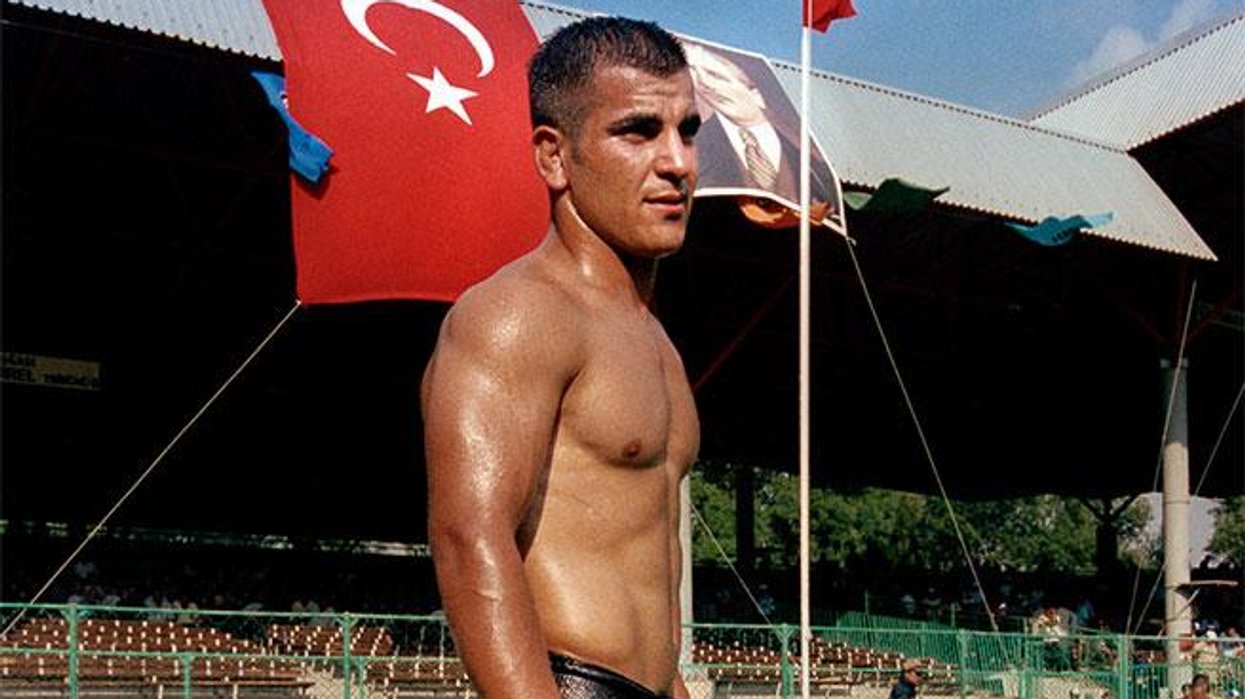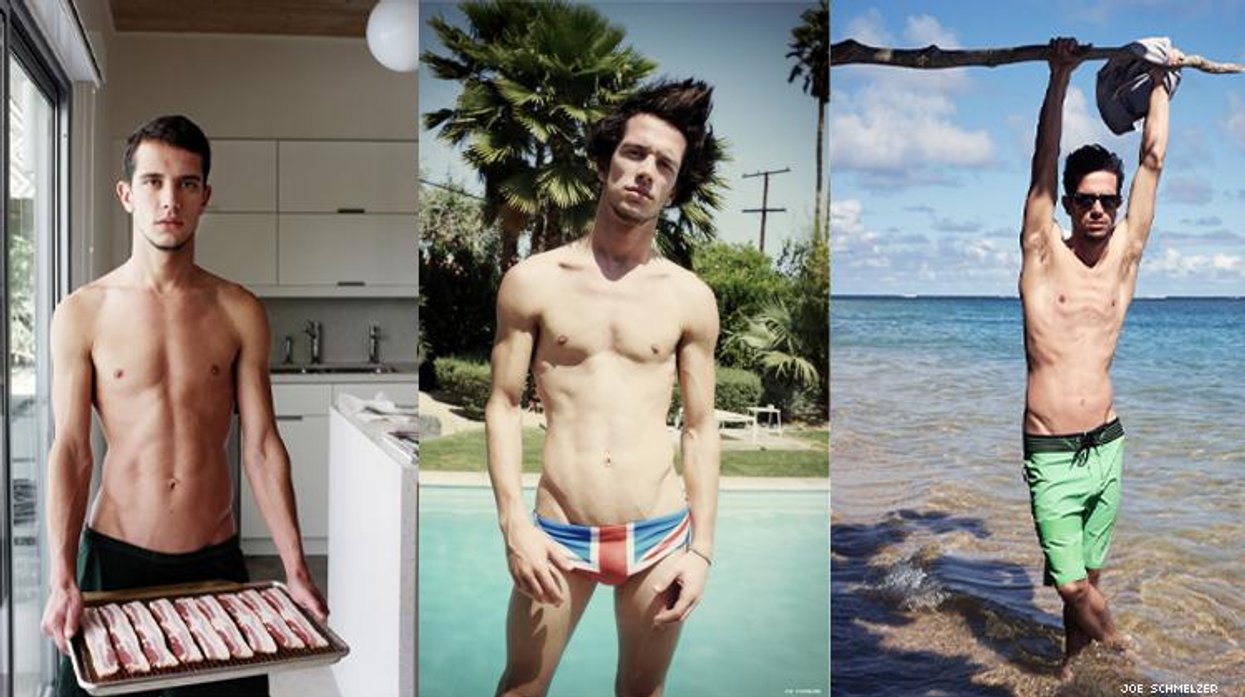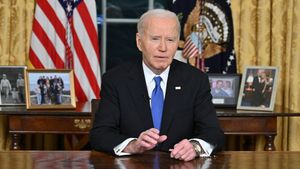Canadian Prime Minister Justin Trudeau has announced he will be issuing a posthumous pardon to a man who admitted to police he was gay and wound up being declared a dangerous sexual offender and sent to prison in the 1960s, reports CBC News.
The inmate was Everett George Klippert, who was released from prison in 1971 and was 69 years old when he died in in 1996.
"The prime minister intends to recommend that a pardon under the authority of the Royal Prerogative of Mercy be granted posthumously to Mr. Klippert," said a statement by the media representatives for Trudeau.
LGBT rights advocates hailed the announcement, noting that the prime minister's father, Pierre Trudeau, had years earlier introduced a bill as justice minister to decriminalize private, consensual homosexual acts between people over the age of 21. Homosexuality was decriminalized in Canada in 1969.
"It's great that the young Trudeau is finishing the work that his father started," lawyer Doug Elliott told CBC News.
The statement by the prime minister’s office also noted that the Liberal government would begin reviewing other convictions on charges such as gross indecency and buggery, and investigating whether pardons are "warranted.”
"As Canadians, we know that protecting and promoting fundamental human rights must be an imperative for governments and individuals alike, and this includes gender identity, gender expression and sexual orientation," said Trudeau’s spokespeople in the statement.
Klippert's case dates back to an arson investigation in Pine Point, in the Northwest Territories, in 1965. Although he had nothing to do with the fire, he volunteered information to police that he'd been sexually active with four men. Police charged him with four counts of gross indecency, all for private, consensual, nonviolent acts.
A year later a government-appointed psychiatrist diagnosed Klippert as an "incurable" homosexual, which resulted in him being declared a dangerous sexual offender. A judge ruled that Klippert should receive an indefinite prison term, in what was called “preventive detention.” The Supreme Court of Canada upheld the sentencing in 1967.
This pardon coincides with an announcement that the prime minister will march in Toronto's Pride parade in July, making him the first sitting Canadian prime minister to participate.





















































































